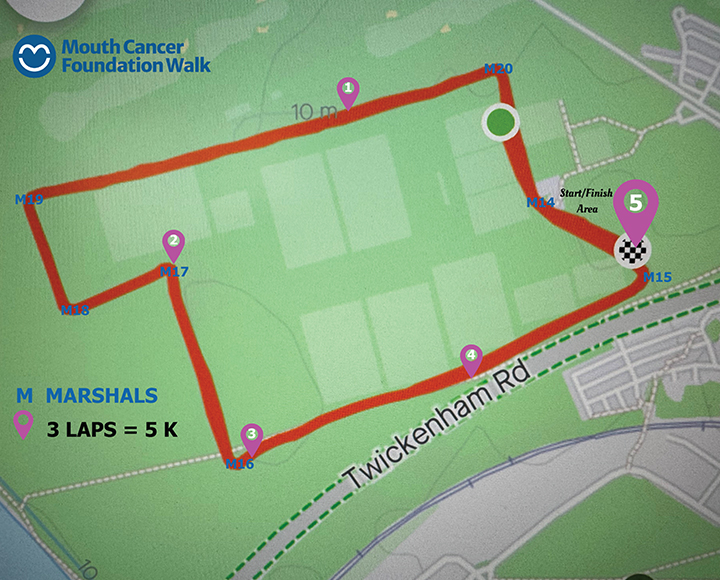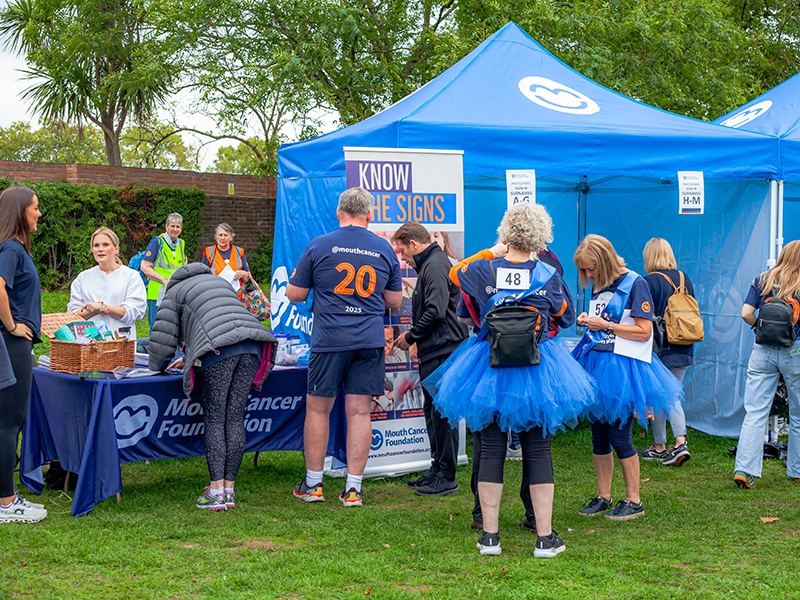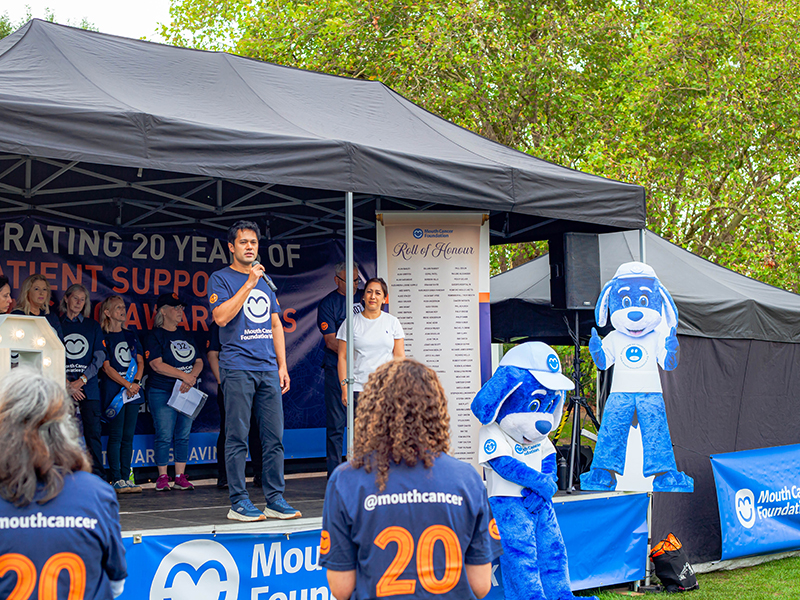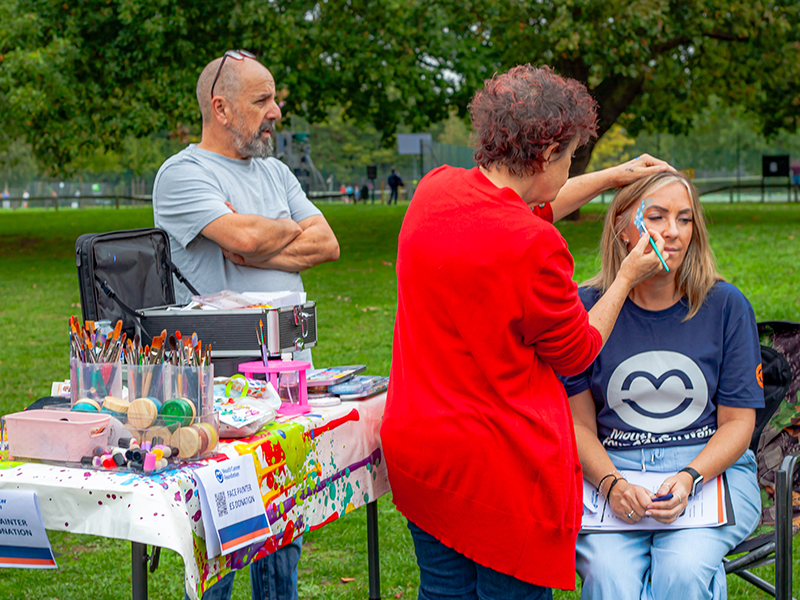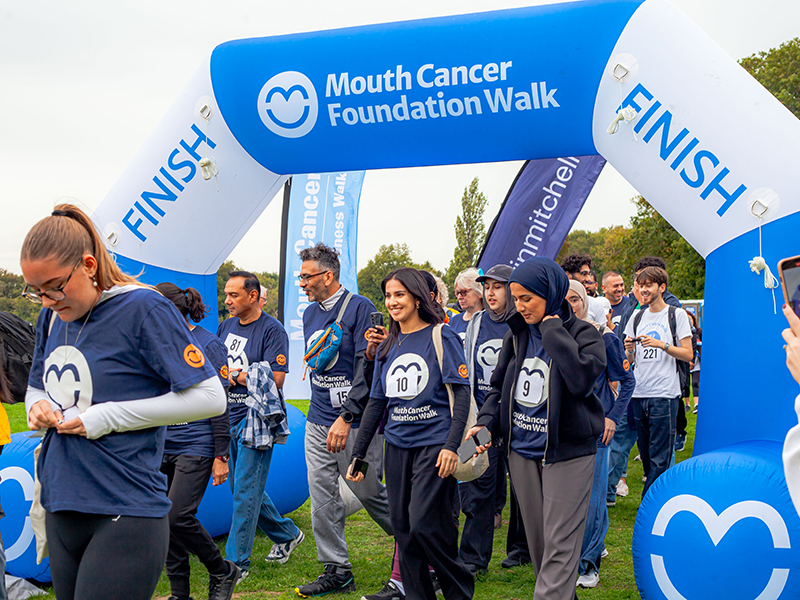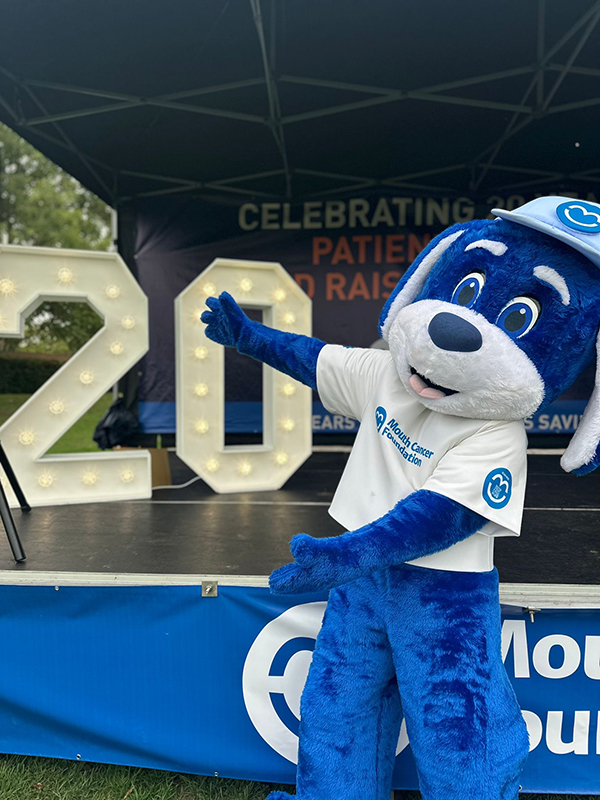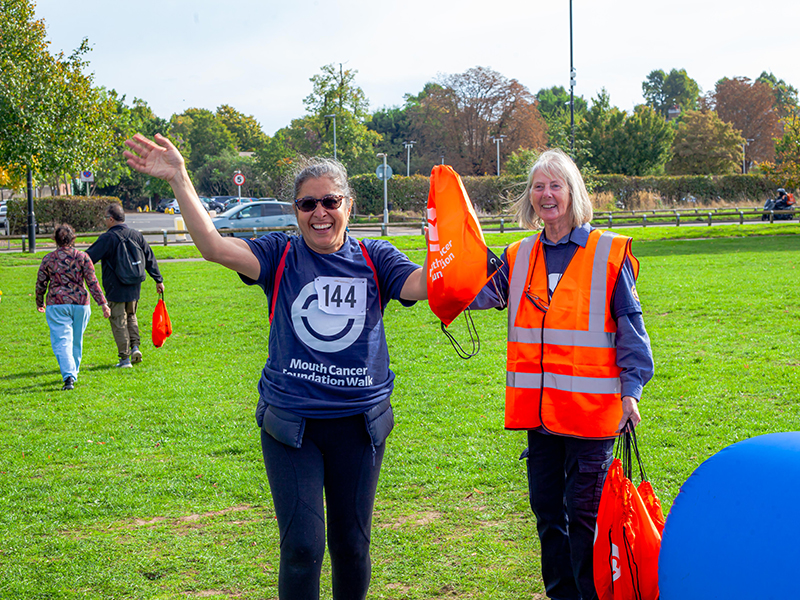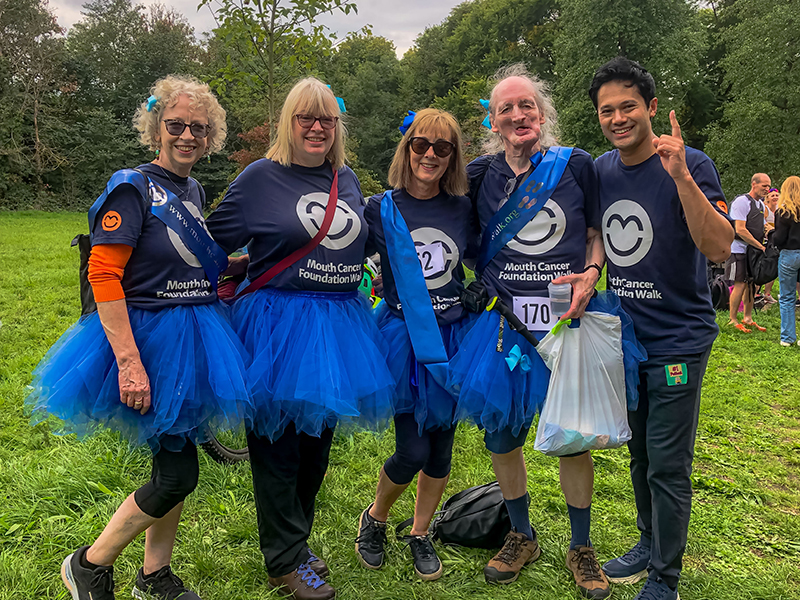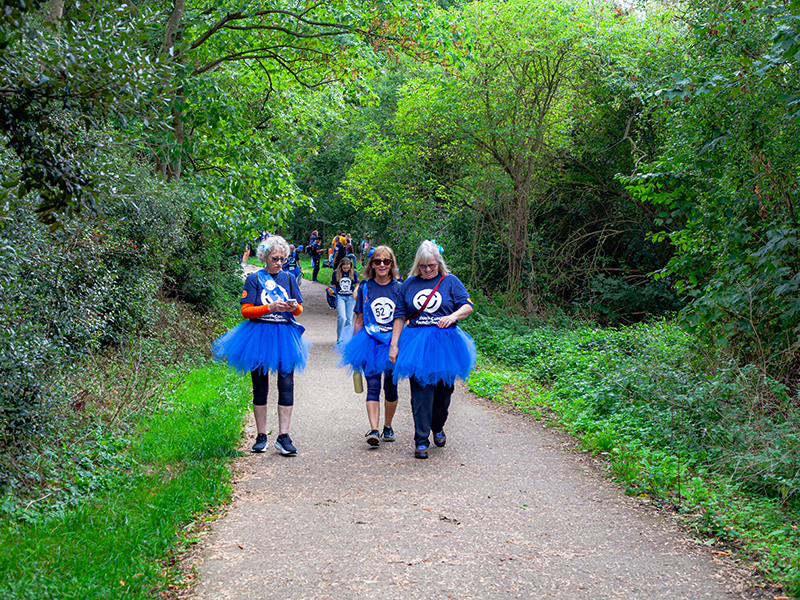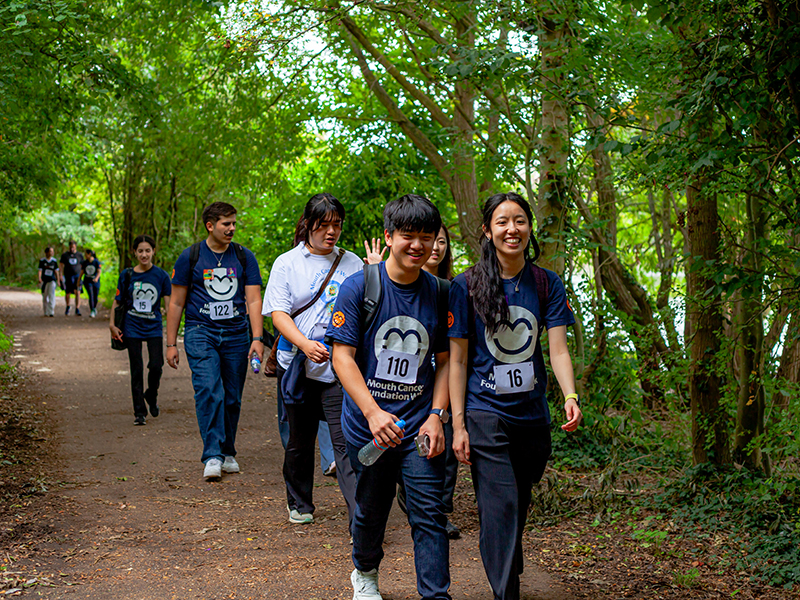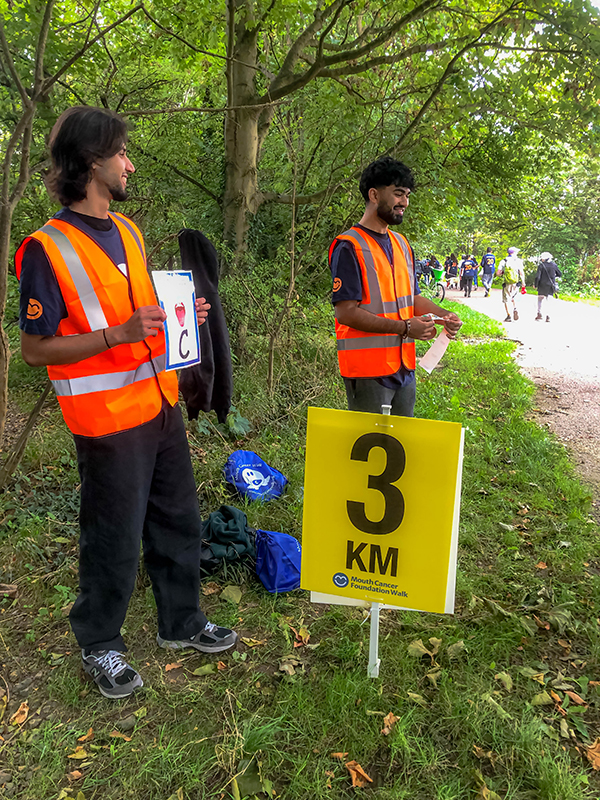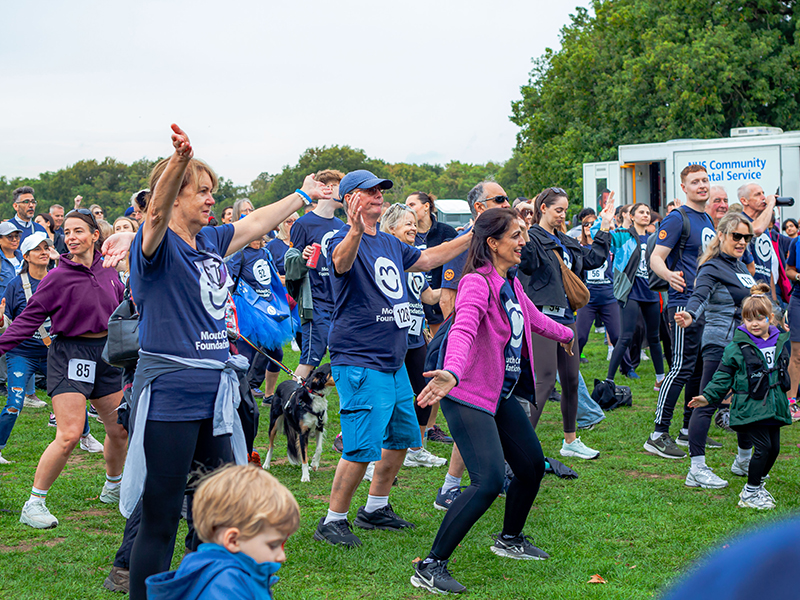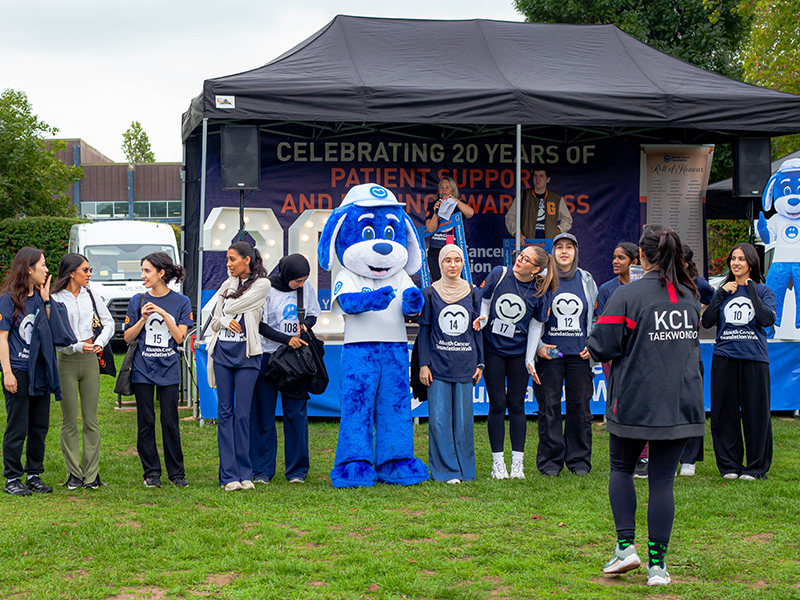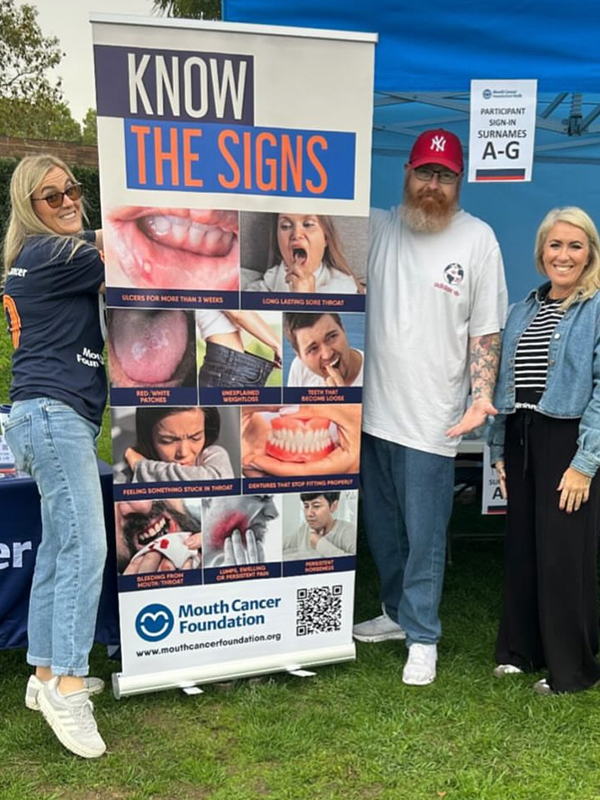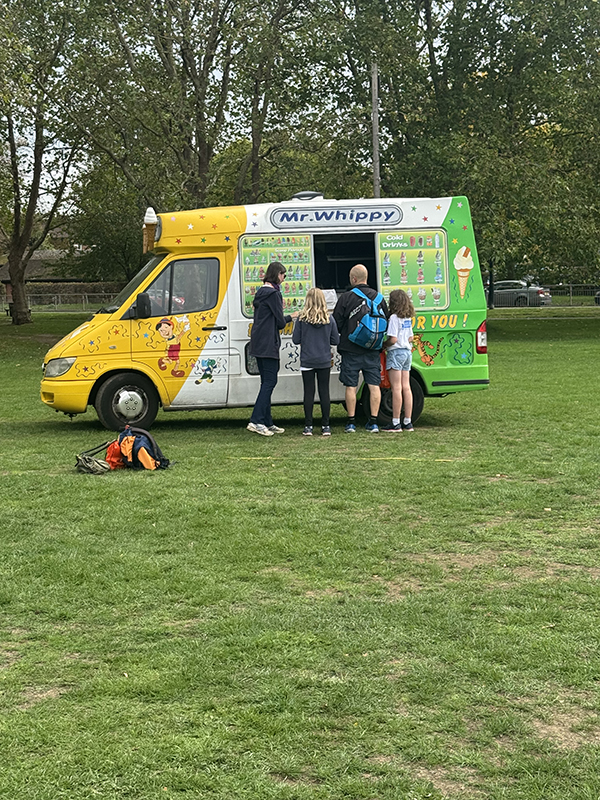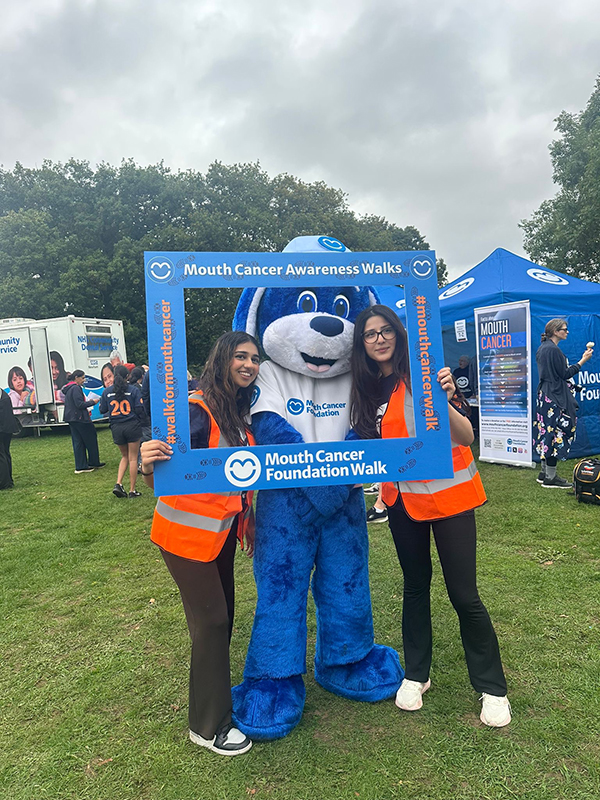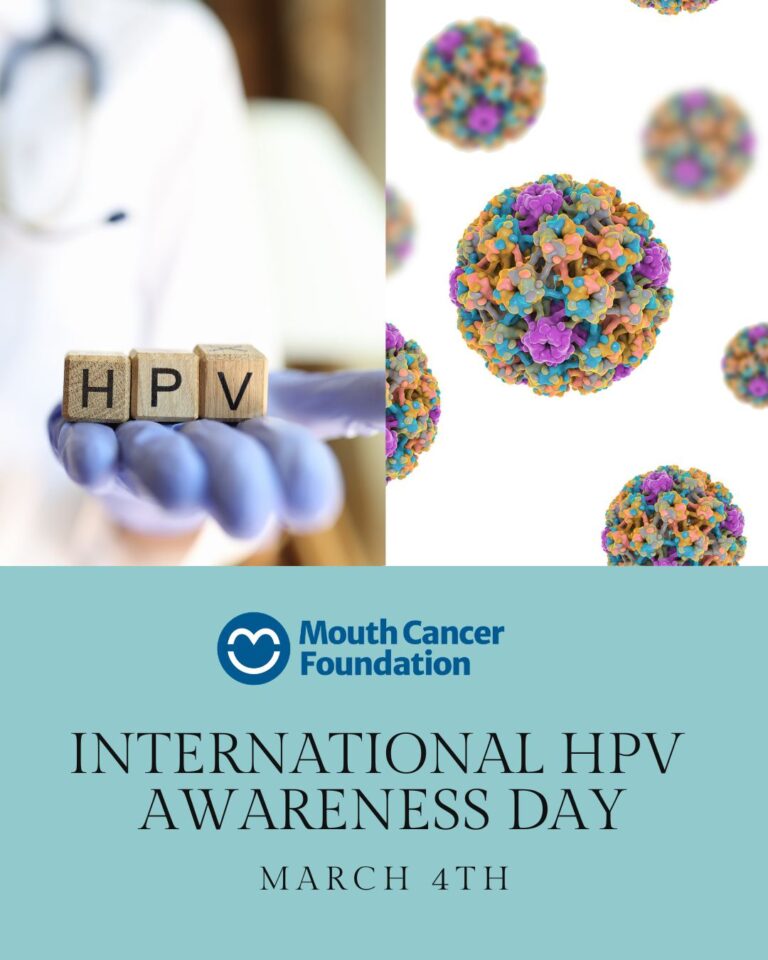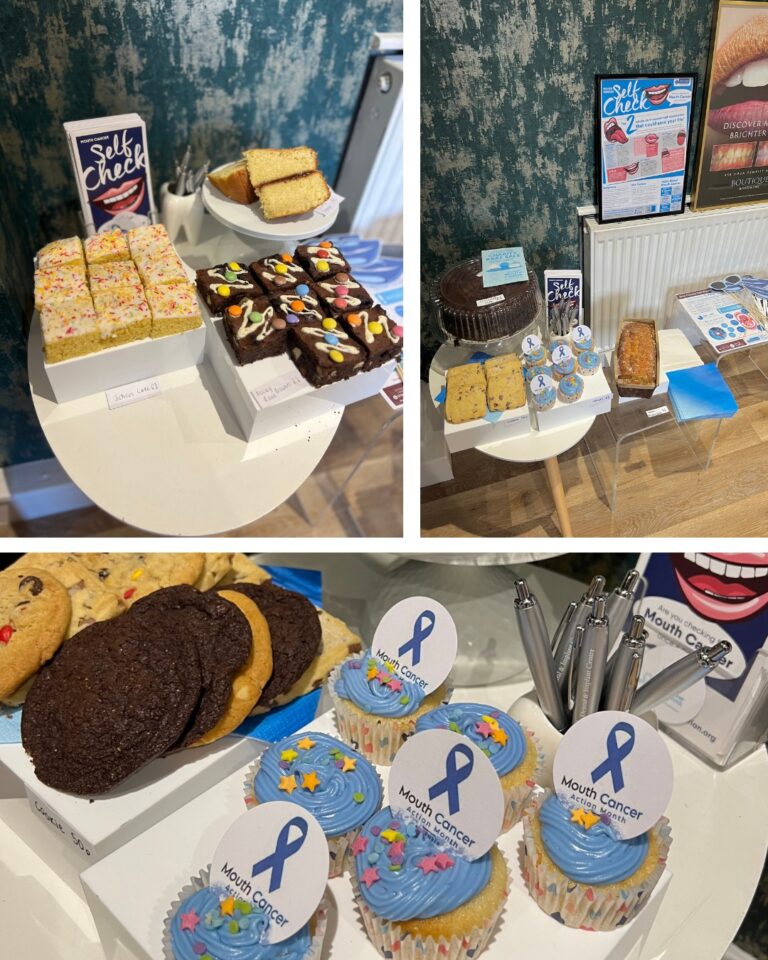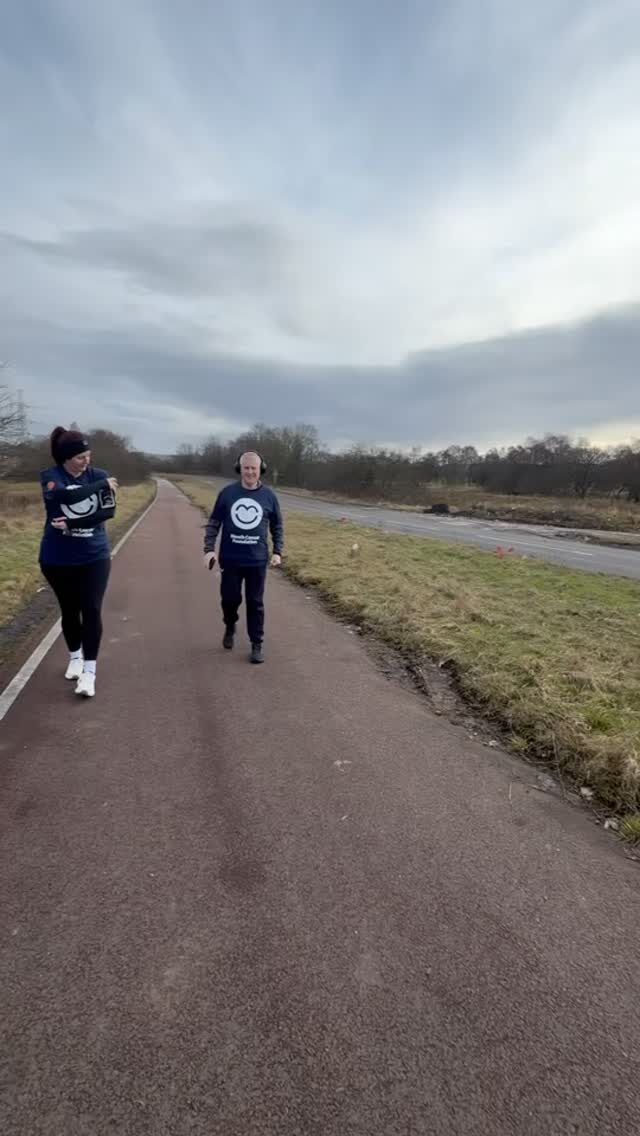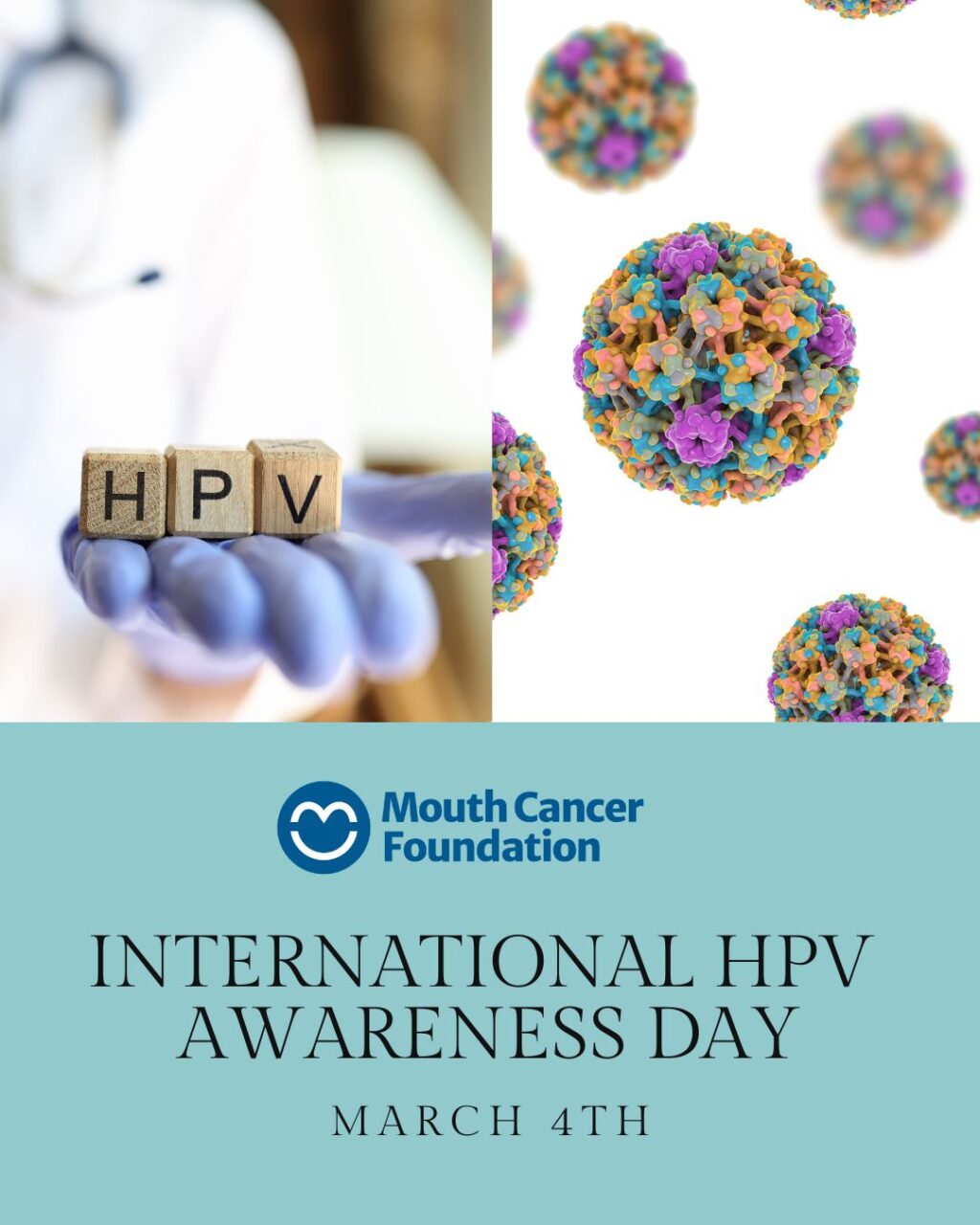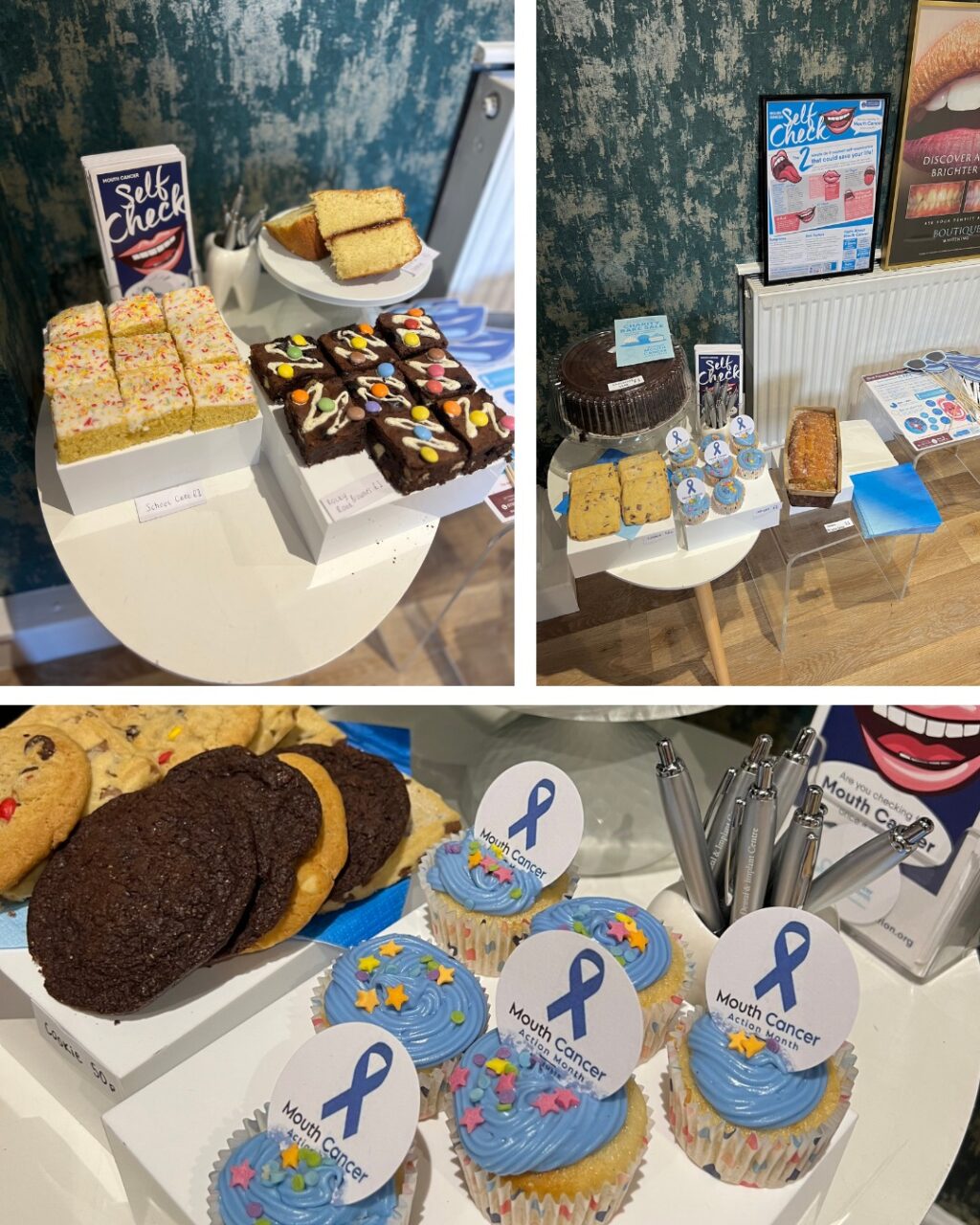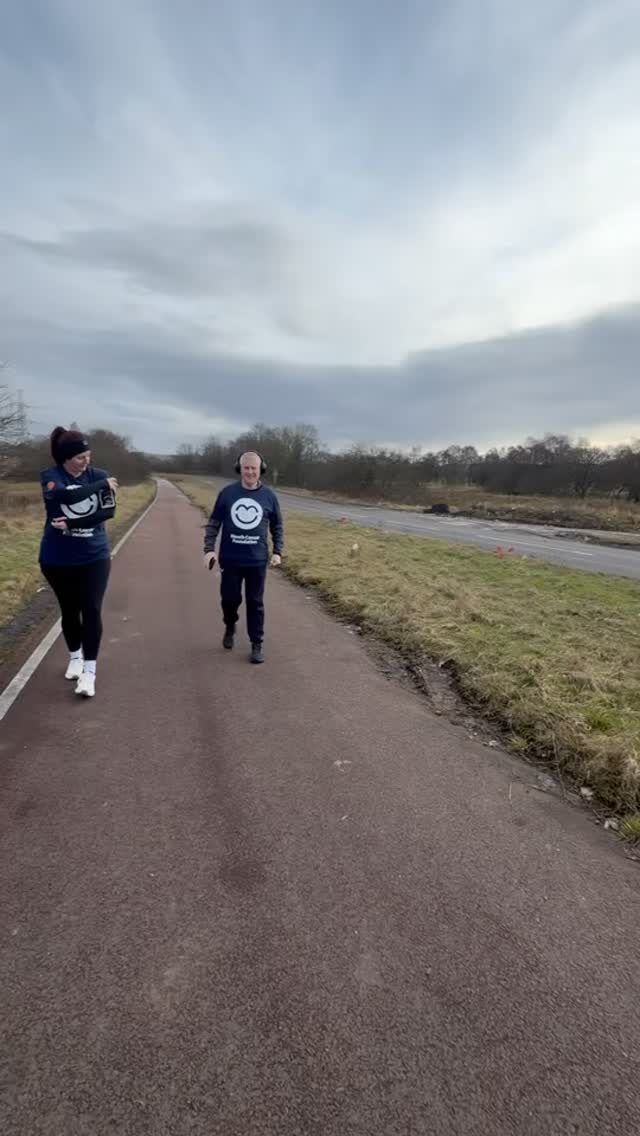MOUTH CANCER FOUNDATION 5 & 10 KM AWARENESS WALKS 2026 ARE TAKING PLACE IN OLD DEER PARK AND A ROUTE AROUND RICHMOND UPON THAMES ON SATURDAY 05 SEPTEMBER 2026
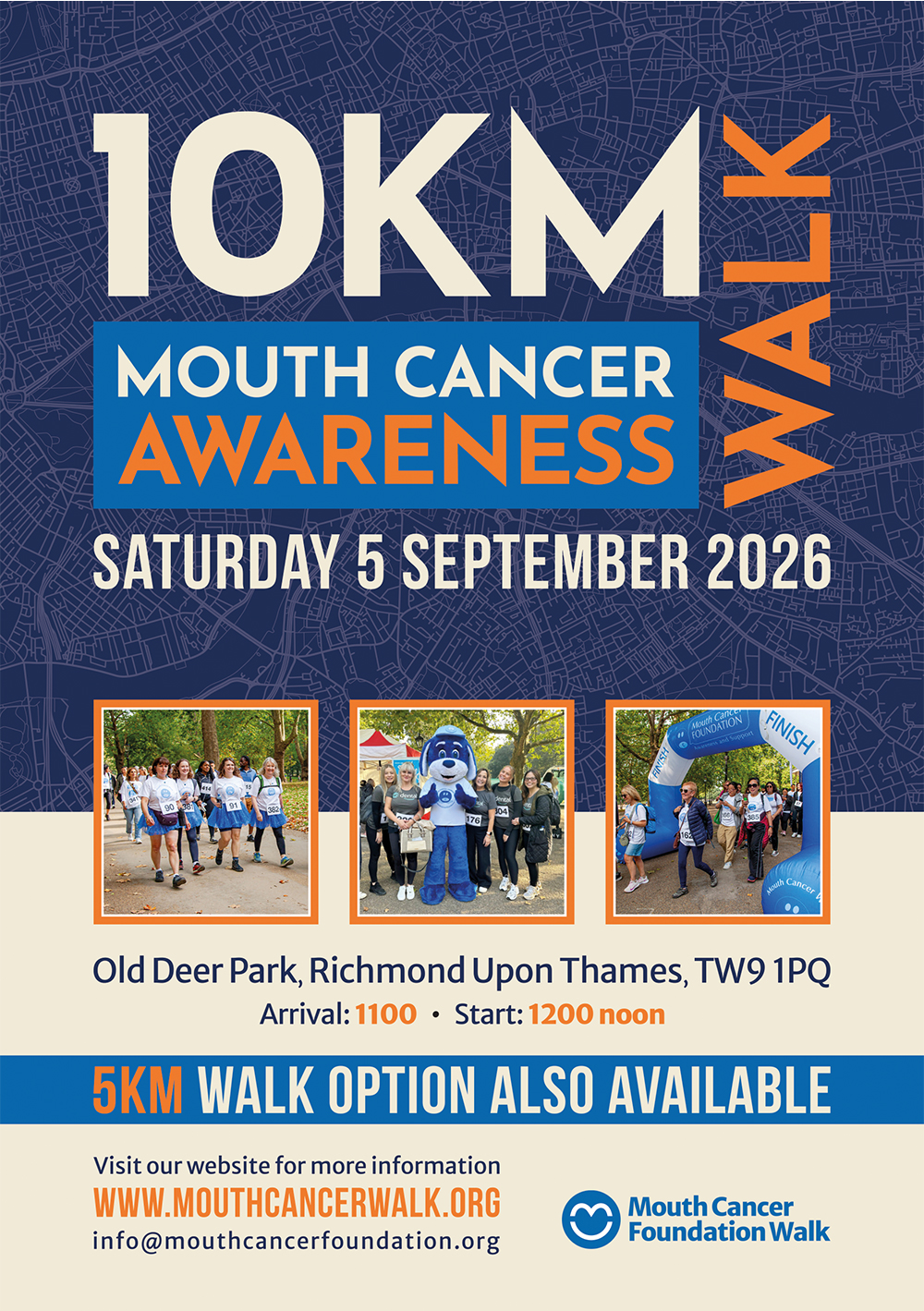
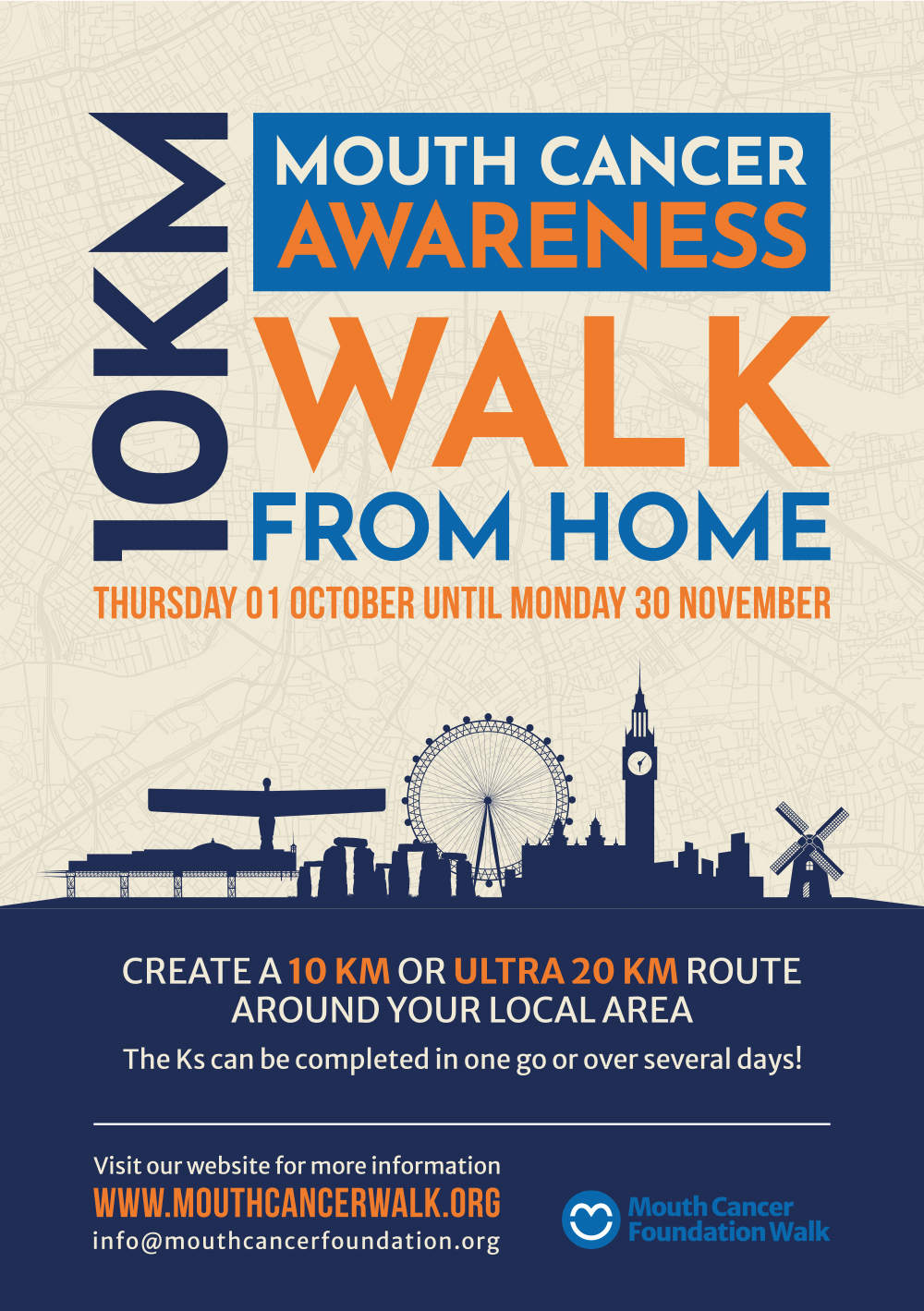
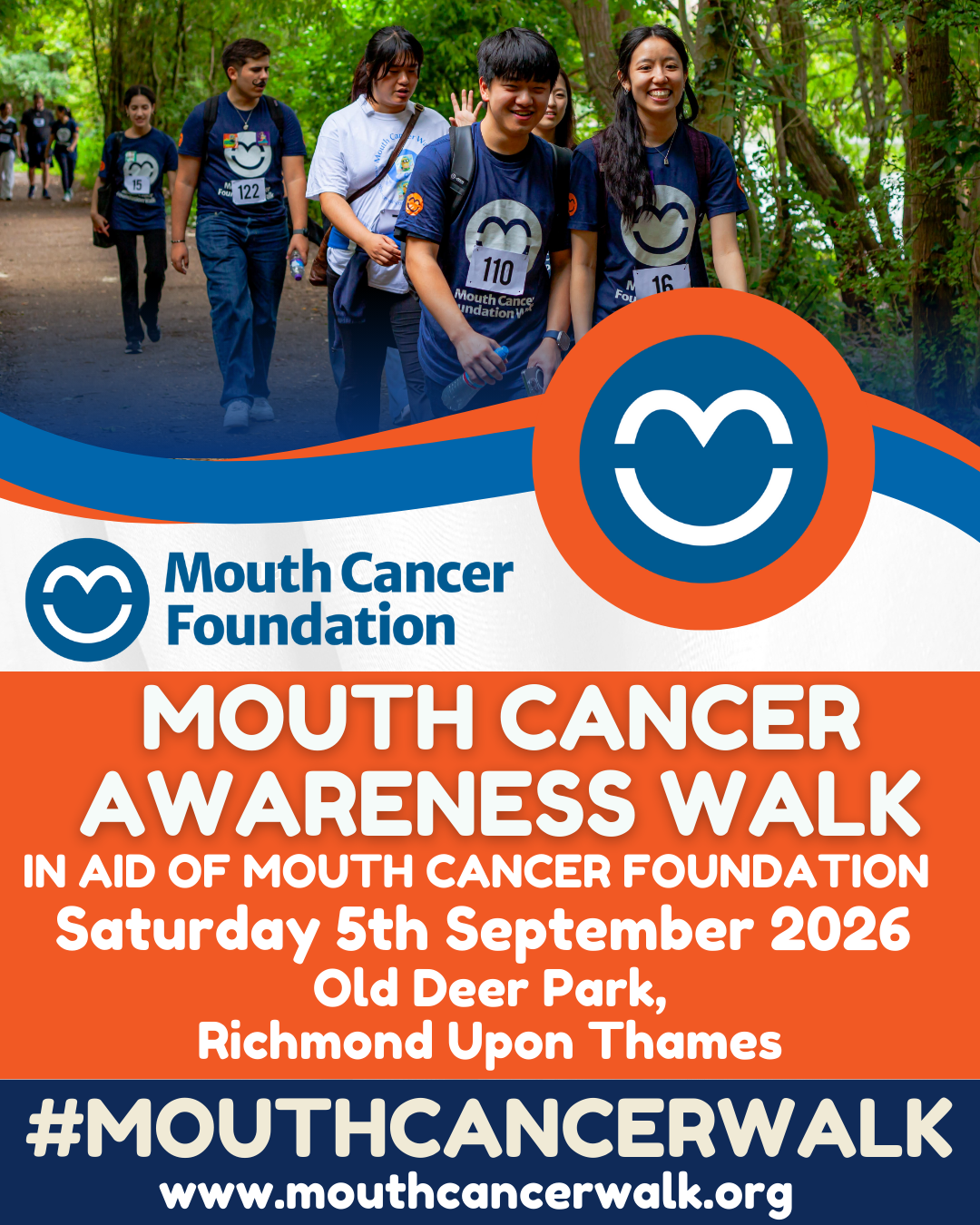
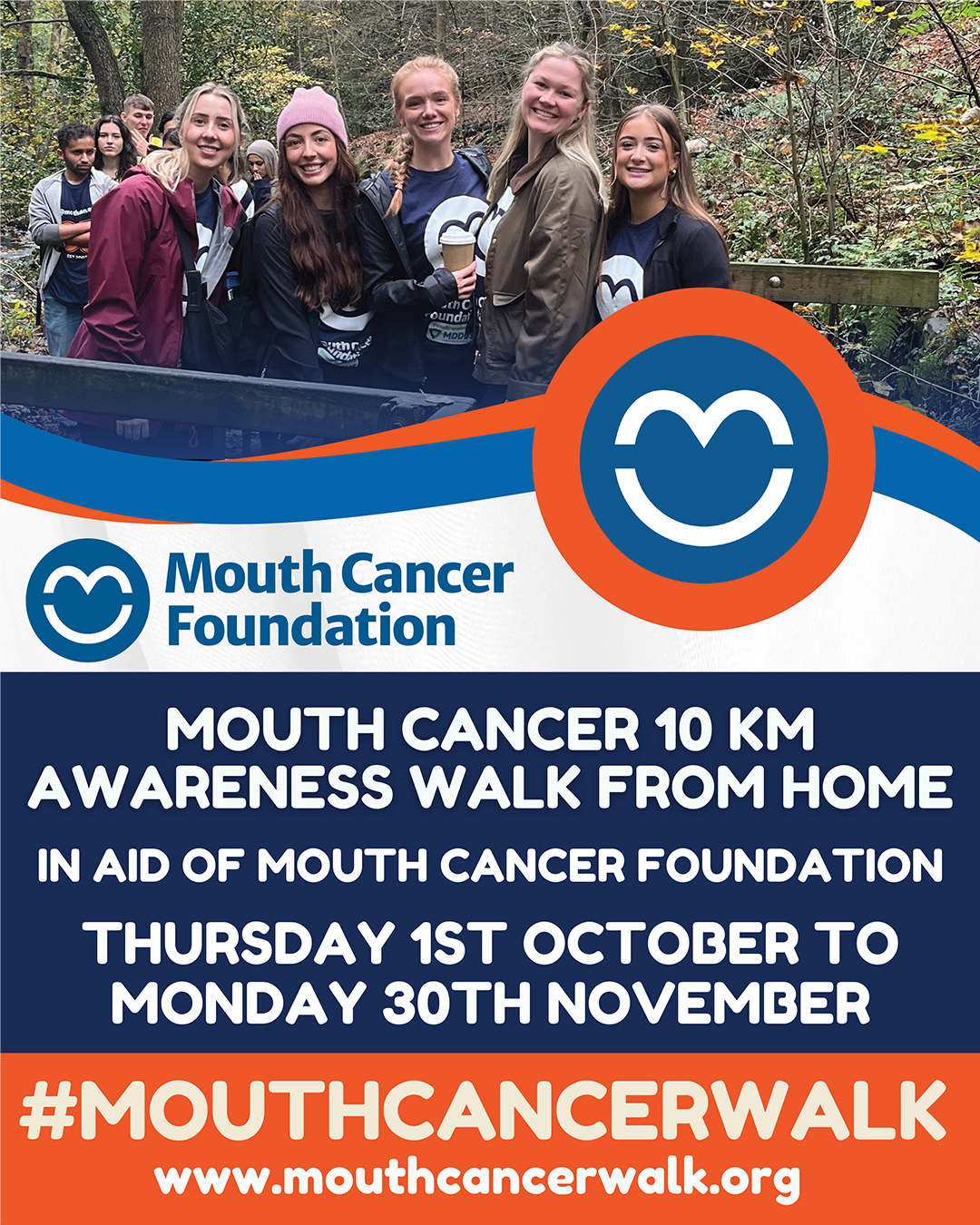
DOWNLOAD THE 2026 MOUTH CANCER FOUNDATION AWARENESS WALK FLYERS AND SHARE THE SOCIAL MEDIA ASSETS TO HELP RAISE AWARENESS!
Why Walk for Mouth Cancer?
There are over 10,825 new cases of mouth cancer in the UK every year and did you know that 3,637 lives were lost from mouth cancer last year in the UK and worldwide the disease affects around 650,000 per year?
The Mouth Cancer Awareness Walks are designed to increase awareness of mouth and all head and neck cancers. It is also an opportunity to celebrate survivorship, raise funds to continue to support patients, carers and survivors coping with mouth cancer, increase awareness and education about all head and neck cancers. We want to make sure that everyone knows about mouth cancer so that cases can be caught earlier and patients are more likely to survive.
The Mouth Cancer Foundation Awareness Walks offer 4 different routes to choose from. The traditional Mouth Cancer 10 KM Awareness Walk and family friendly Mouth Cancer 5 KM Awareness Walk suitable for those who prefer to walk shorter distances will take place at Old Deer Park in Richmond Upon Thames.
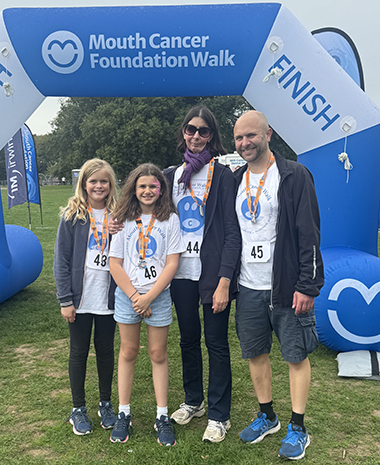
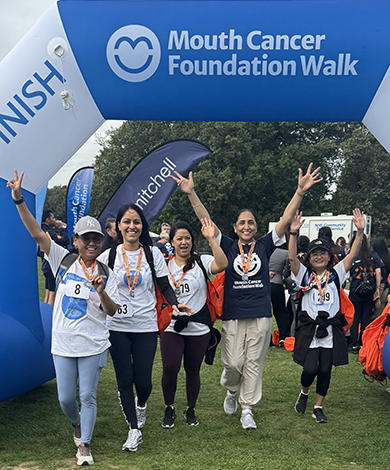
The Mouth Cancer 10 KM Awareness Walks from Home are growing in popularity so we are sticking with this fantastic opportunity to open up the walking events to more people than ever before. Dental Practices are getting particularly creative with how they walk during October and November so we’re challenging even more Dental Surgeries to sign up and get involved. If you like a challenge, why not walk or run our Mouth Cancer 20 KM Ultra Awareness Walk from Home?
The Mouth Cancer Foundation will give you enthusiastic support to keep you motived as you march through the Ks and entertainment for all the family including a treasure hunt with prizes, face painting and our mascot Duke to keep the children entertained. There is also a free charity T shirt for every £50 raised, fundraising encouragement, expert social media and communications support and lots of cheering and praise from our cheer points on route.
